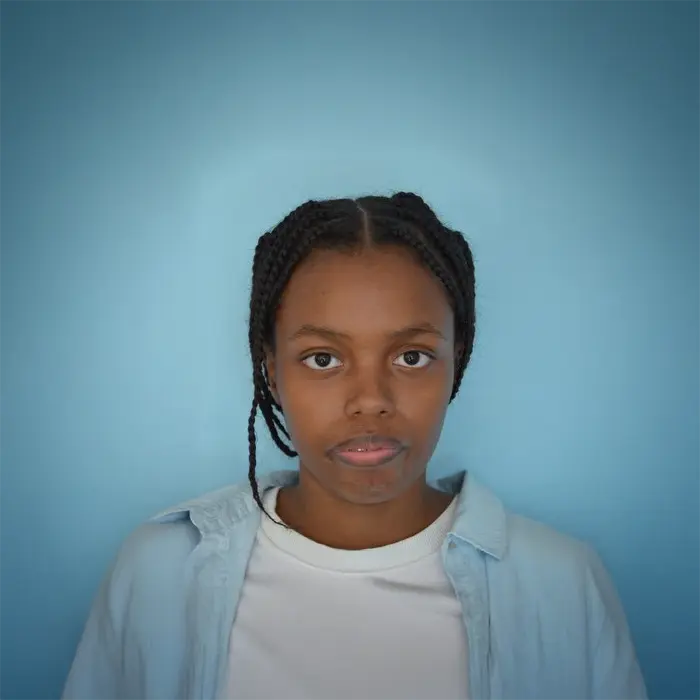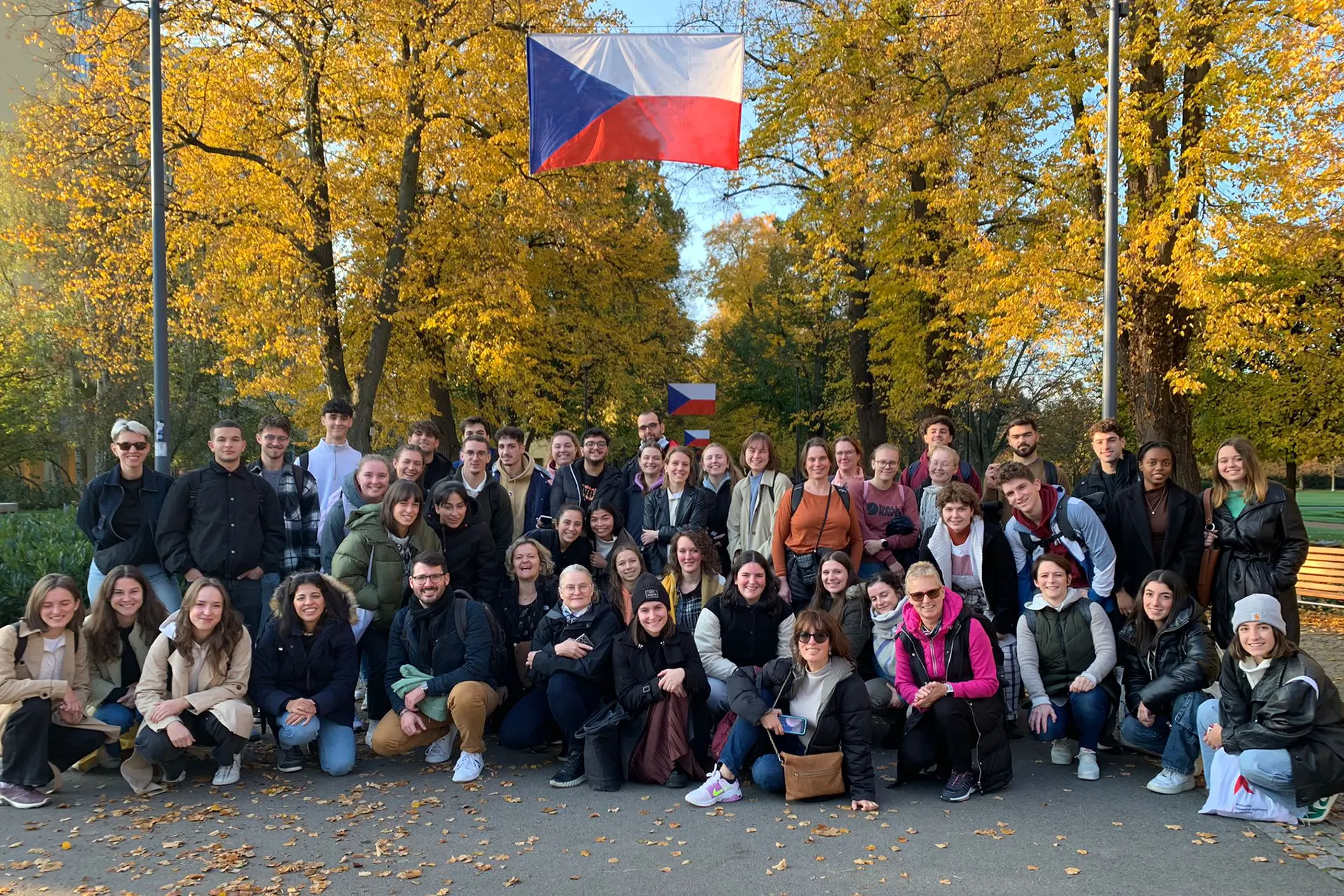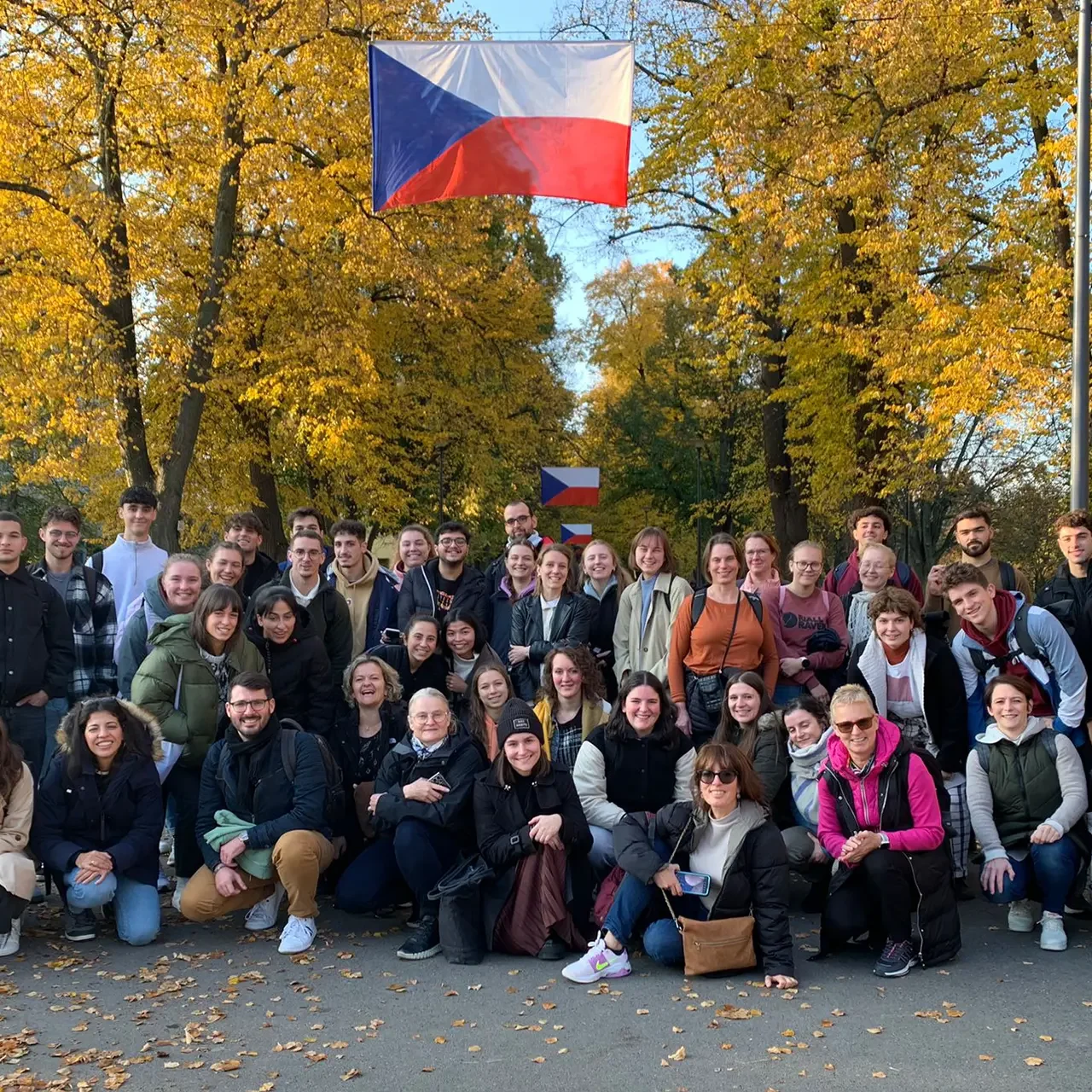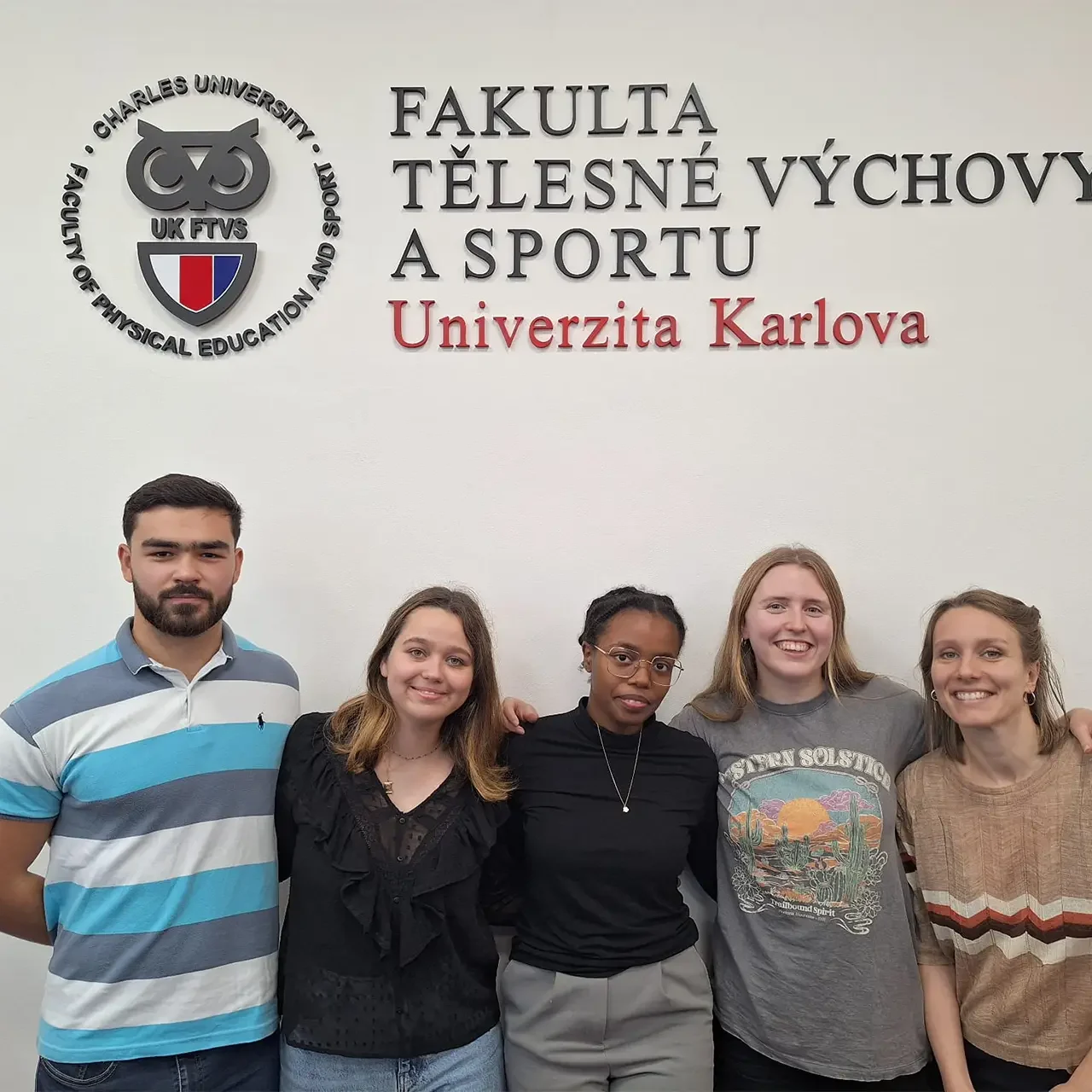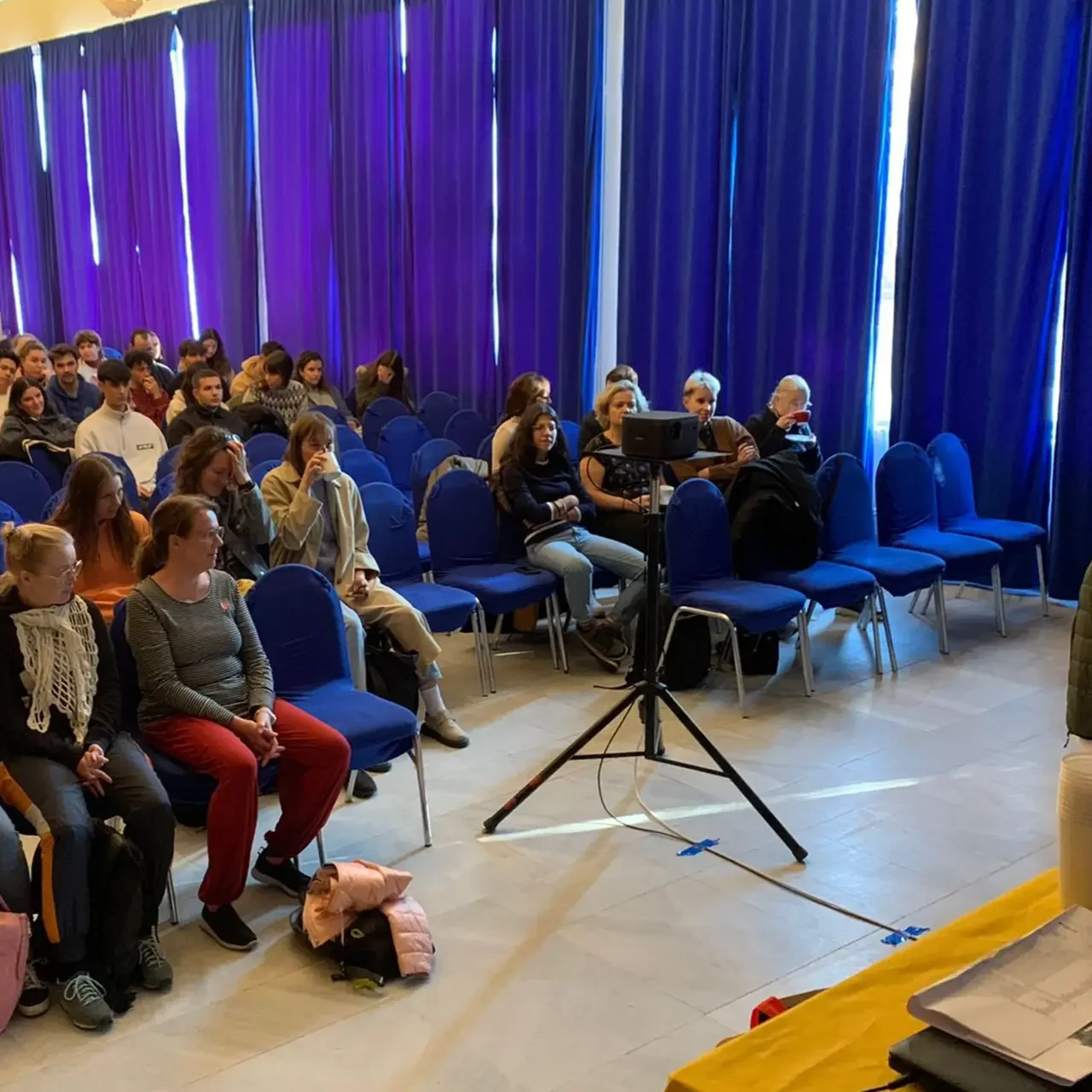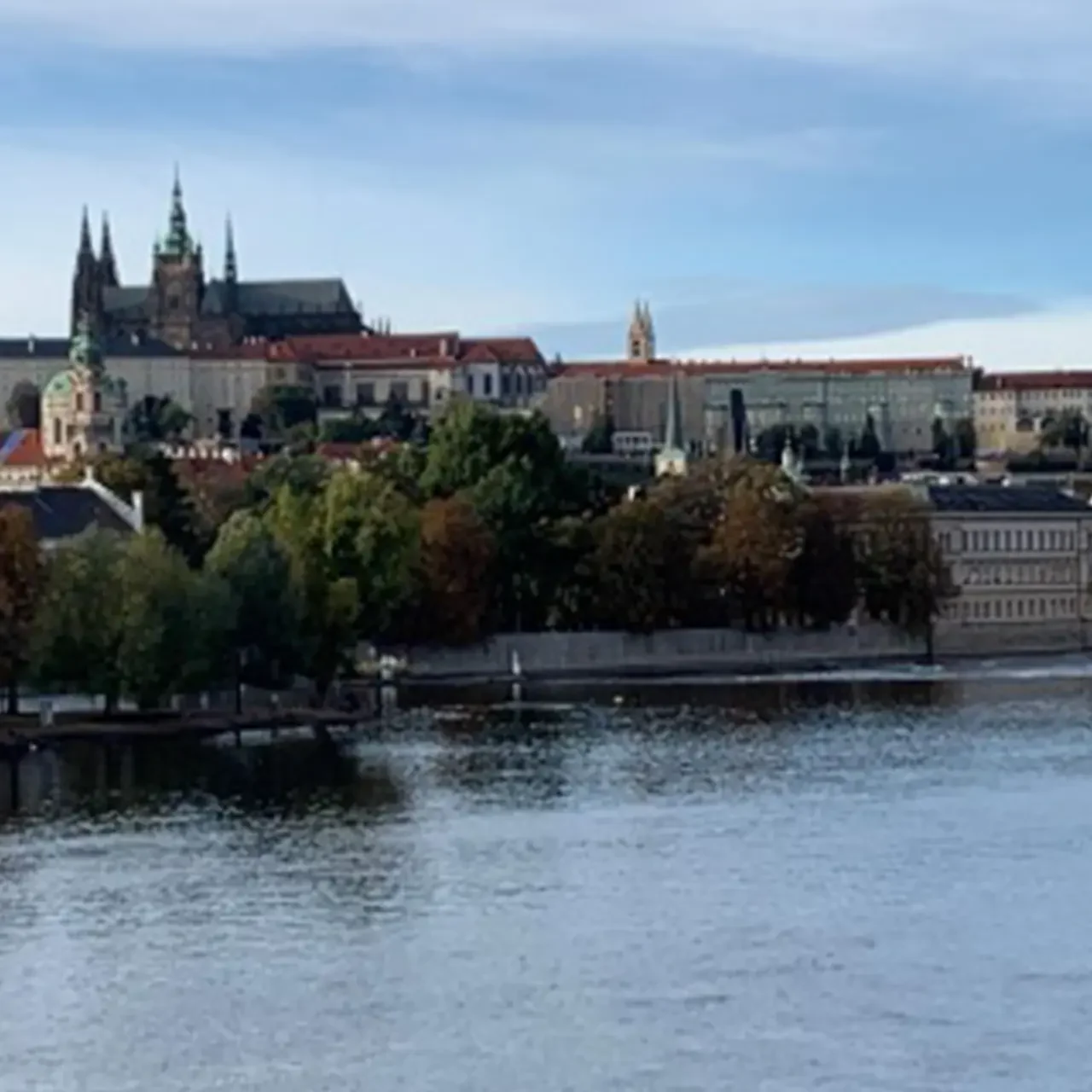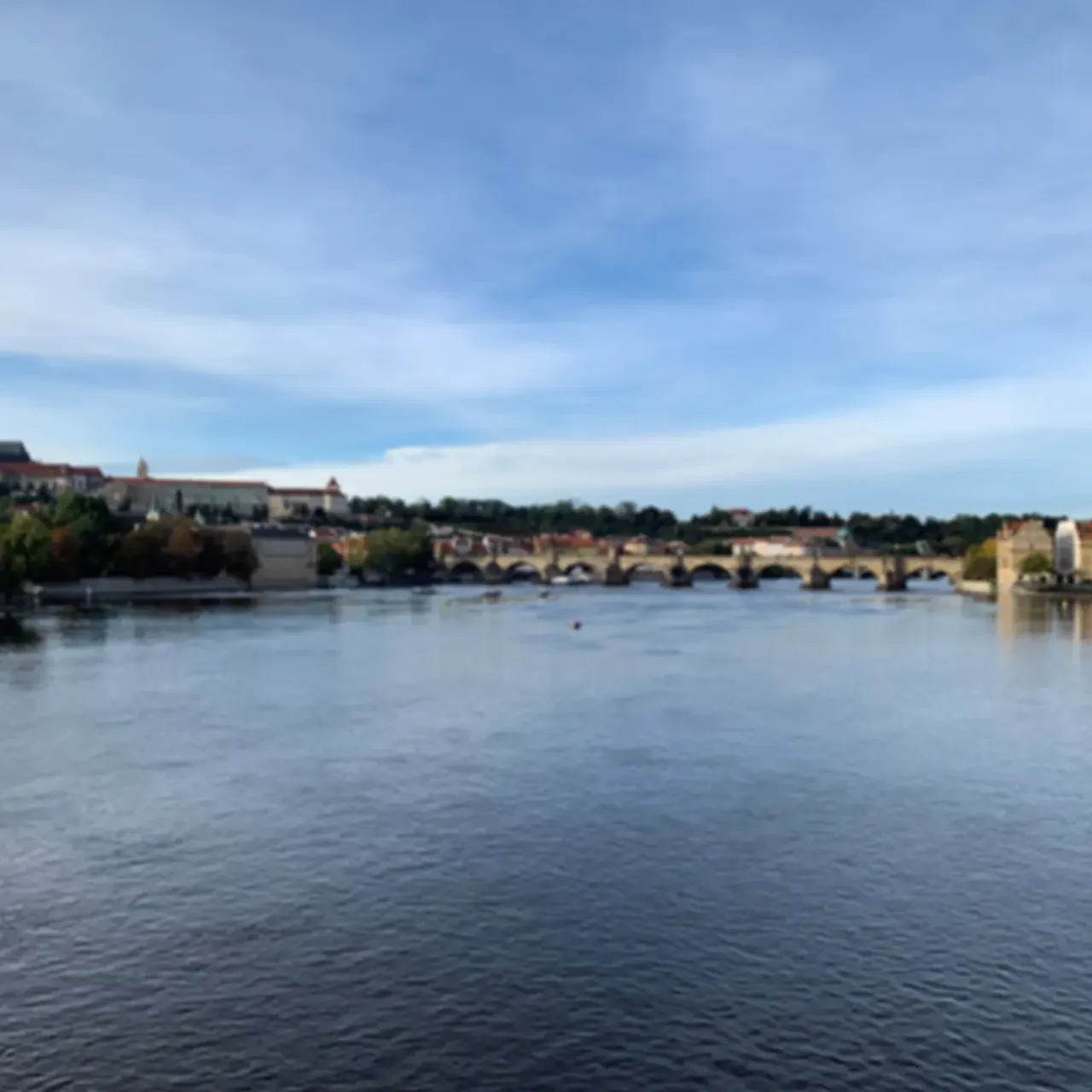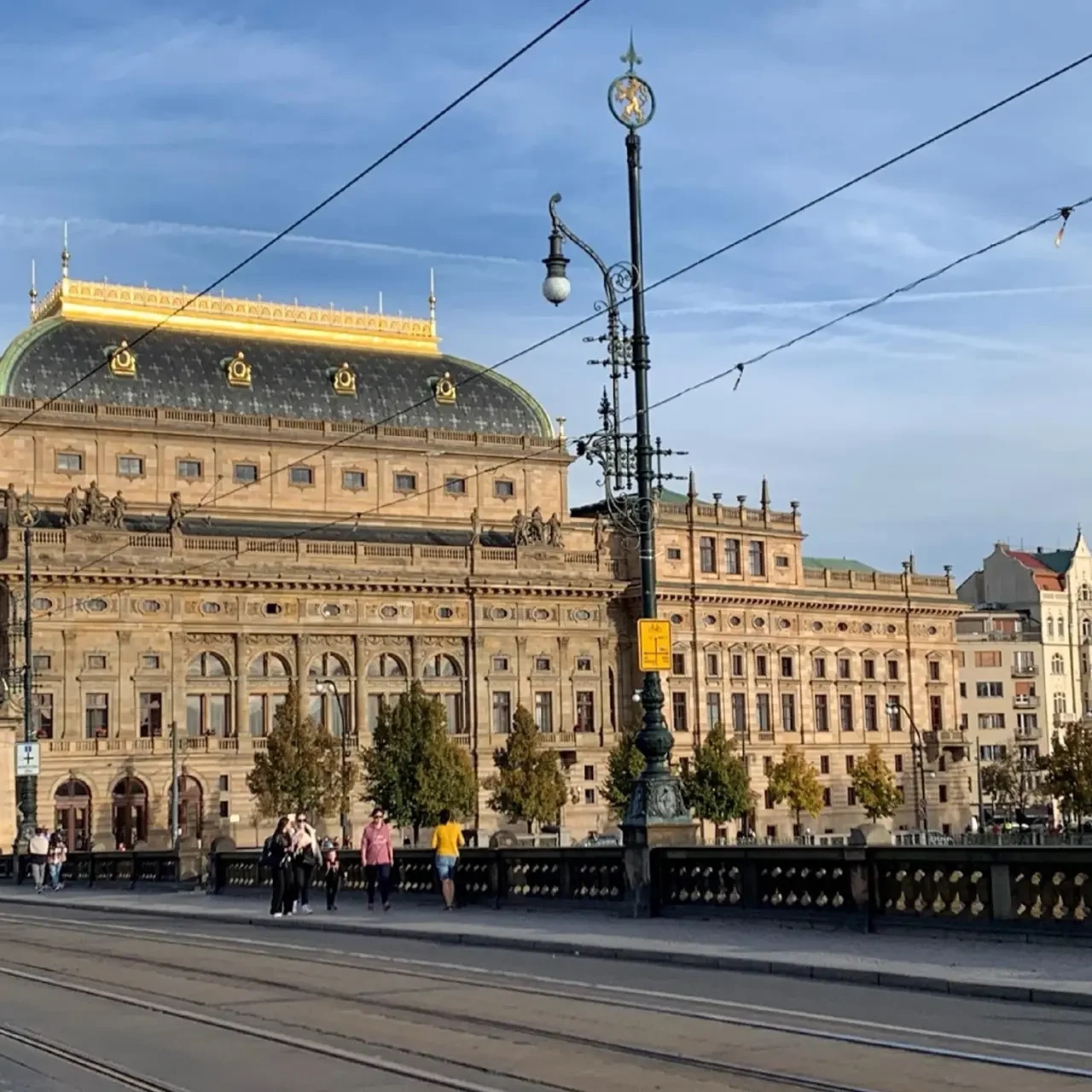Erasmus+ Blended Intensive Program at CEERRF
The Blended Intensive Program (BIP), known in French as Programme Intensif Hybride (PIH), is an Erasmus+ mobility initiative proudly promoted by CEERRF.
What is the BIP/PIH program?
This program is a short-term study experience that combines virtual and in-person components. It provides students with the opportunity to earn academic credits aligned with their educational curriculum.

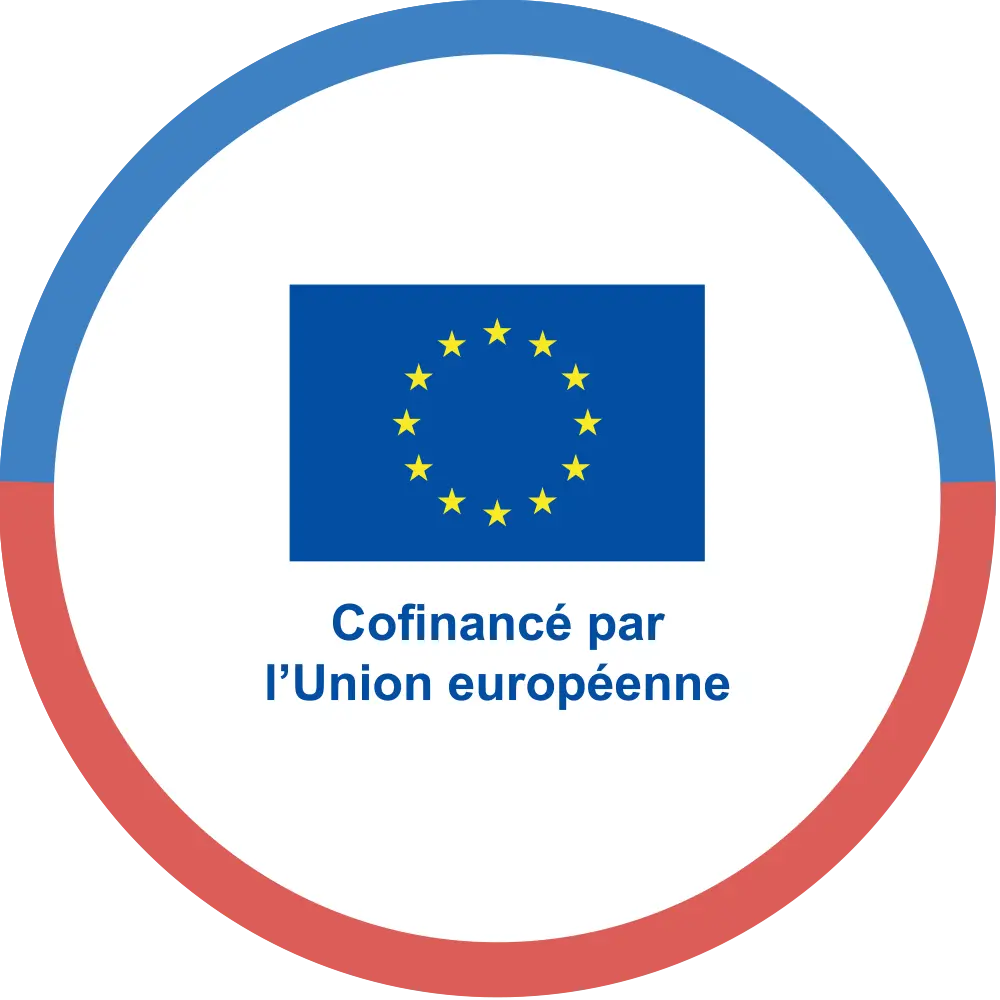
Four universities with physiotherapy faculties and one physiotherapy training institute participated in this program: Charles University (Czech Republic), Savonia University (Finland), the Spanish universities of La Coruña and Madrid, and CEERRF (France). Over 38 students from various institutions, supported by a team of 10 teachers, joined this enriching experience.
The first phase, conducted online, included interactive courses via the Moodle platform and video conferences with all participants. This allowed students and teachers to explore theoretical content together in a virtual setting. The second phase, held in person in Prague last October, brought participants together for a week of intense activities, including theoretical classes, practical workshops, sports activities, and balneotherapy, all while discovering the charm of Prague and one of Europe’s oldest universities.
Discover the highlights of this unique experience, a new addition to our educational program, through photos/videos created by our students and their testimonials.
Sabrina’s testimonial
Thanks to this Erasmus experience, I enriched my vocabulary and improved my spoken English. Since English wasn’t the native language for any of the participants, communication barriers were minimal. The program enhanced our skills in communication and teamwork, particularly through a collaborative project that leveraged our diverse expertise. I also deepened my knowledge of research methodologies while discovering new approaches to physiotherapy and teaching practices. This experience confirmed my aspiration to work internationally.
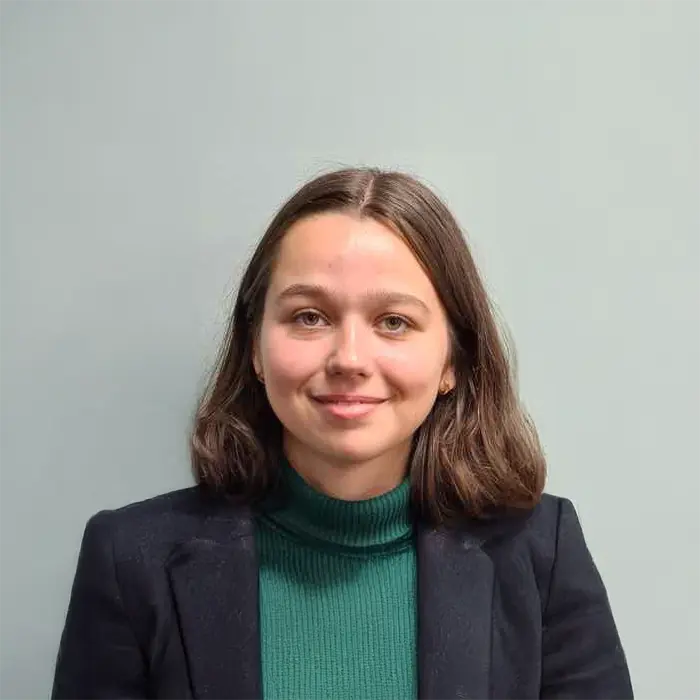
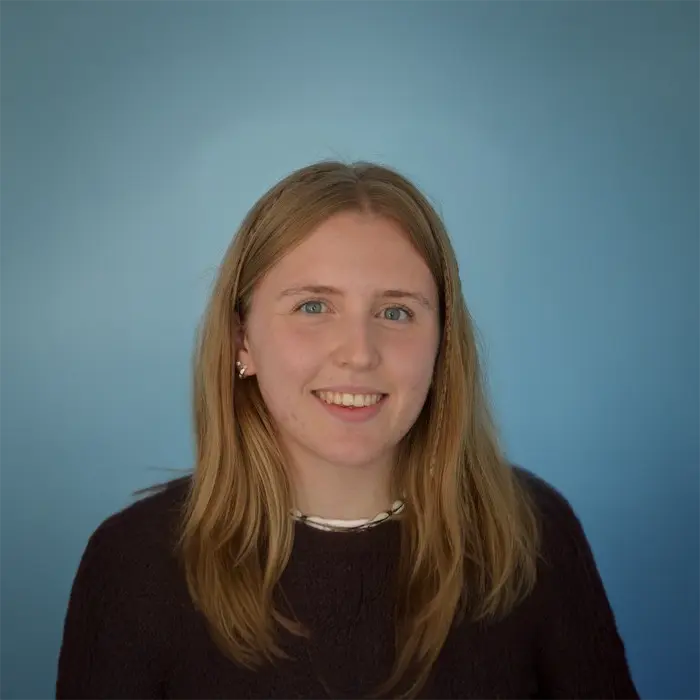
Élodie’s testimonial
This Erasmus program was an incredible opportunity to explore a new country, learn different teaching methods, and experience diverse research techniques. Unlike traditional internships abroad, this mobility gathered students from various countries in a truly collaborative effort. While the language barrier posed occasional challenges, explaining complex concepts in English was a stimulating and rewarding task. I gained valuable insights into my linguistic abilities, physiotherapy practices, and teaching methods in the Czech Republic, Spain, and Finland.
Marine’s testimonial
How did this mobility enhance your training ?
It allowed me to familiarize myself with the application of Evidence-Based Practice (EBP) in various care settings. Group projects improved my skills in synthesis, communication, and teaching, particularly in English.
On a cultural and European level ?
This experience introduced me to European educators and researchers who shared common challenges. These enriching exchanges fostered European cooperation and a deeper appreciation for cultural diversity, a significant asset for our profession.
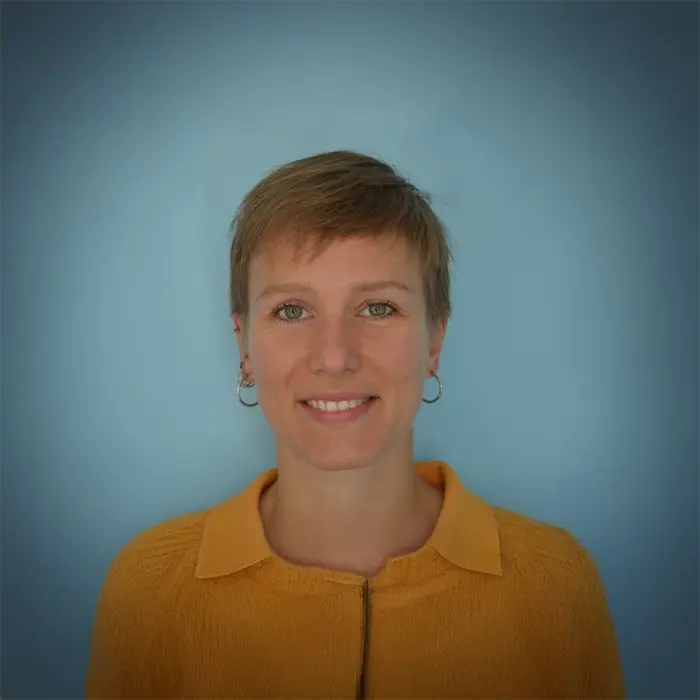
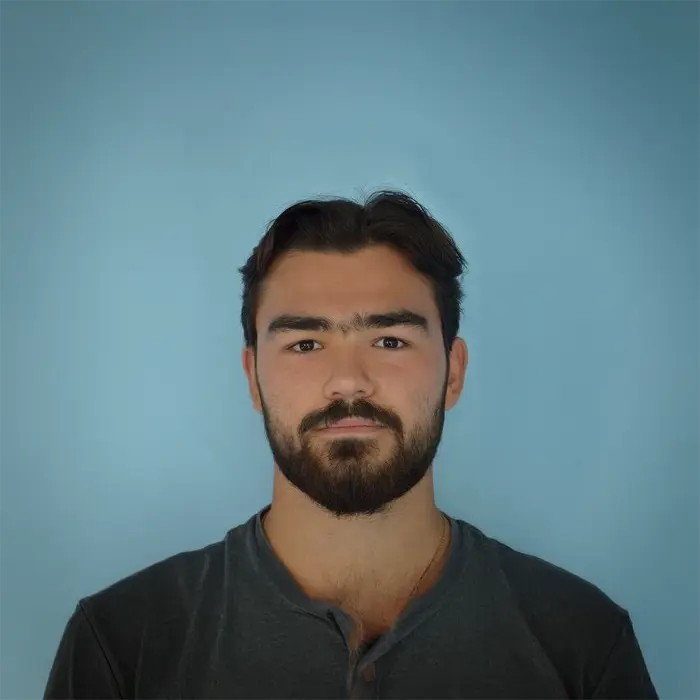
David’s testimonial
Did the program help you improve your English ?
I significantly improved my English skills. While I’m comfortable understanding podcasts and documentaries in English, this program presented a new challenge: active practice. During the intensive week, I developed my speaking skills, which I had previously neglected. Understanding classes and lectures wasn’t an issue, but participating actively was a genuine challenge.
How did this mobility enhance your educational experience ?
It strengthened my team management skills in research project settings. However, some topics lacked depth (only an hour per subject), limiting their impact on my professional practices or perspectives.
And in terms of cultural enrichment and European citizenship ?
Although this mobility enabled me to work in a multicultural and English-speaking environment, it didn’t profoundly change my perception of Europe or my sense of belonging.
Léna’s testimonial
Working with non-native English speakers made the language feel accessible. The lessons were clear, even though group work occasionally slowed down due to misunderstandings. These were quickly resolved through collective effort. This experience allowed me to review and explain concepts to others, reinforcing my own understanding. Collaborating with European students broadened my perspective on physiotherapy and motivated me to pursue further international projects.
This mobility truly lived up to its name as an intensive program: full days that, despite the fatigue, left a deep sense of satisfaction. These five days helped me strengthen my skills, explore a fascinating city, and engage with students from diverse backgrounds. It was my first Erasmus experience, and I hope it won’t be my last.
